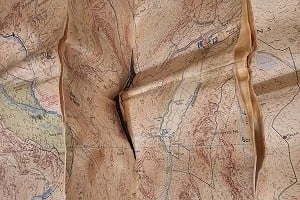
Travel writer, adventurer and human rights barrister Faraz S considers a recent Countryfile report on the fact that people from minority communities visit the countryside less – and asks what ethnic minorities in nature have in common with women's football.
BBC One's Countryfile recently aired a report on ethnic minorities and access to the countryside by explorer Dwayne Fields, the first black Briton to walk over 400 miles to the magnetic North Pole. Within minutes, people were up in arms on social media and #DefundTheBBC was trending on Twitter. But what did he say, and why was it so controversial?
In his 10-minute report, Dwayne talked about how he benefited from connecting with nature – an experience that helped him escape gang culture and gun crime in London. An ambassador for the Scouts, Ordnance Survey and the Woodland Trust, he now takes inner-city kids to explore green spaces they wouldn't usually visit.
Among the accusations of race-baiting, 'cultural Marxism' and ramming diversity down people's throats was a denial of there being any obstacles to ethnic minorities visiting the country
He discussed the 2019 Landscapes Review of England's National Parks and Areas of Outstanding Natural Beauty – the first of its kind since their creation 70 years ago. It found that people from ethnic minority backgrounds and those living in deprived areas visit the countryside less and, based on ethnographic research and over 60 hours of video footage, both ethnic minorities and white people see the countryside as very much a 'white environment' – a feeling confirmed by the people Dwayne interviewed on the show.
The response on social media was largely negative, with viewers strongly criticising Countryfile's decision to run the piece. Among the accusations of race-baiting, 'cultural Marxism' and ramming diversity down people's throats was a denial of there being any obstacles to ethnic minorities visiting the country. The countryside is not a 'white environment', and it's provocative to say so. There are no signs saying 'whites only', and there's nothing to stop ethnic minorities going to green spaces. Black and brown people just don't like the countryside, apparently.
As a Brit of Pakistani extraction who absolutely loves the great outdoors, that last one particularly grates – the myth that people from ethnic minorities (particularly black people) are somehow inherently urban. It's a lazy stereotype perpetuated by how we're portrayed in music, art and culture, such as the use of the 'urban' music category as a catch-all for the music of black artists, regardless of genre.
Yes, many of us live in cities, but not because of any particular aversion to rural life. Most migrants settle and raise their children in the city because of job opportunities and existing migrant communities, making it easier to adjust to their new surroundings – just as Brits abroad often live in expat areas. But many migrants are actually from very rural places back home (as anyone who listens to my dad talk about how he walked for hours to get to school and back each day will understand).
It might help to think of the problem as a lack of encouragement and representation rather than obstacles or barriers
As for me, I was born and grew up in Scotland – virtually the only non-white pupil at school – followed by a village in the South of England. I was lucky enough to have beautiful countryside on my doorstep and parents who encouraged (and could pay for) me to camp, ride, sail and ski. In my twenties, I spent two months leading camels 1,600km across Mongolia, becoming the youngest Briton to cross the Gobi Desert on foot, before I married a Cumbrian lass. As new parents, we spent our parental leave with our baby in the Australian Outback.
That was (and still is) far from the typical British-Asian experience. While I love nature and adventure expeditions, many of my peers from ethnic minority backgrounds know little of the British countryside and feel daunted to dip their toes in. So why don't they just hop in their cars and get out there?
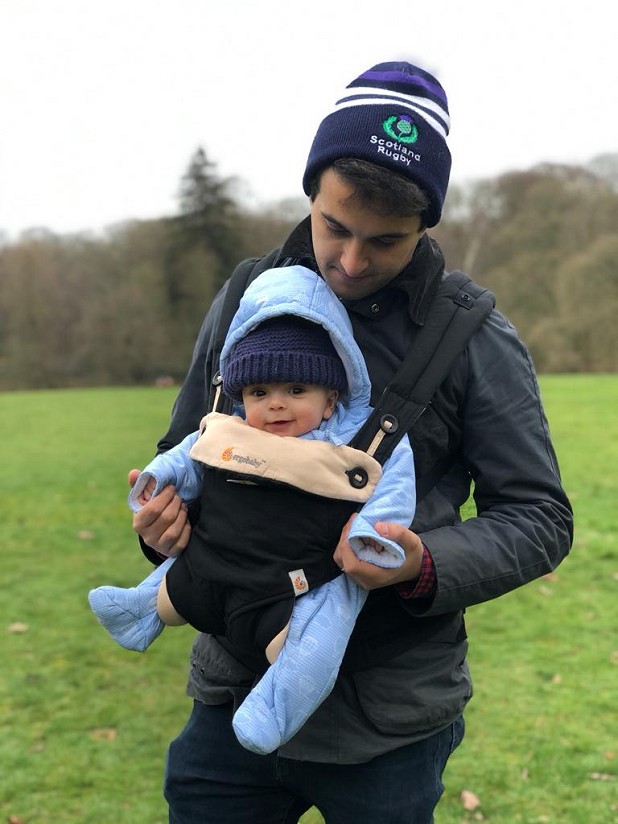
It might help to think of the problem as a lack of encouragement and representation rather than obstacles or barriers. The Landscapes Review described the number of children going on school visits to the countryside as 'shockingly low', at only 6 to 7%. Being overrepresented in cities, this issue disproportionately affects ethnic minority kids in terms of their exposure to the outdoors. In fact, the review found that children from visible ethnic minorities visit National Parks 10% less than youths from deprived backgrounds in general.
This highlights the importance of family and friends introducing young people to the countryside. But in families where there isn't someone who can show the kids how to read an OS map or use a compass, or who knows a great spot for fishing, these encounters are less likely to happen. It can lead to feelings of alienation from green spaces – that the countryside isn't a place for people like us.
Of course, this begs the question of whether these fears are justified. According to Professor Neil Chakraborti of the University of Leicester School of Criminology, rural communities are no more racist than anywhere else – which has certainly been my experience – but in some places people can feel a need to hold on to and preserve what they know, which can at times translate into exclusionary behaviour.
There is of course a small minority of extremists. A week after Dwayne's report, a far-right group whose website features a timer counting down the years until 'native British people are set to become a minority' walked up Mam Tor in the Peak District and unfurled a giant 'white lives matter' banner – a stunt which was widely criticised online. Almost all of those present covered their faces, with a number flashing a hand gesture that has become associated with white supremacy.
Public attitudes aside, research has shown time and time again how much representation matters. Ethnic minorities are less likely to be reflected in the outdoors world – in TV shows, brand advertising and demographics at National Parks, where we barely make up 1% of visitors. If you think this is much ado about nothing, I would urge you to think again – and cast your mind back just a few years.
Remember when people used to say, 'Stop pushing women's football, girls just aren't interested in sport'? This is the same thing. If Match of the Day ran a report next Saturday on girls' access to opportunities to play football, thankfully, very few people would bat an eyelid. But had it run the same piece back in 2000, you can be sure there would have been a similar backlash as there was to Dwayne's report on Countryfile – 'women don't like football', 'I'm cancelling my TV licence', 'stop pushing a feminist agenda'.
That's because the football world has been having these difficult conversations for a while and started to take access much more seriously. As women's football is increasingly promoted and normalised, public understanding has grown and the issues are better acknowledged. And so few people nowadays would consider the statement that football is very much a 'male environment' to be untrue, let alone provocative. The same can be said of engineering, and banking, and law.
In the present case, progress is important for both ethnic minorities and Britain's green spaces themselves. With greater urbanisation, alienation from the countryside not only means more people missing out on the physical and mental health benefits that time spent there can bring – a great shame in itself – but that rural issues will be relevant to a smaller proportion of the population. In short, a significant chunk of people being unengaged with the countryside, when translated at the ballot box, does not bode well for nature.
There is clearly some way to go before the issue of ethnic minority access to the countryside gains wider support. But we are partway through a conversation – one in which voices like Dwayne's play an important role. I only hope, in the years to come, there will be rather more people cheering him on.

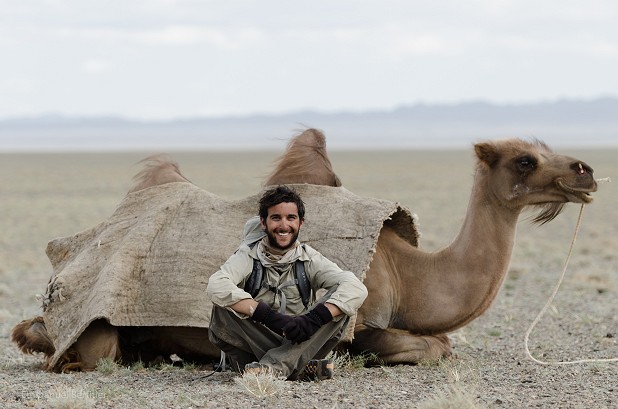
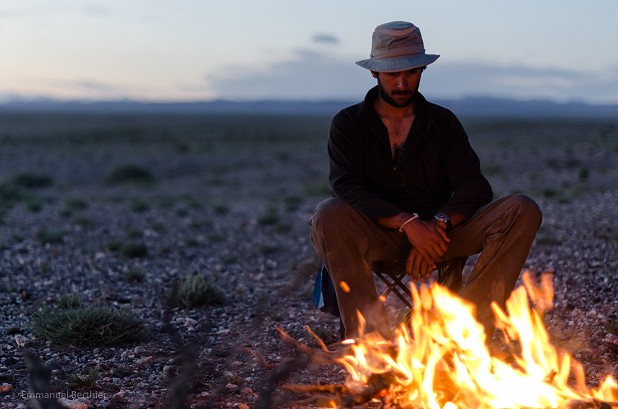
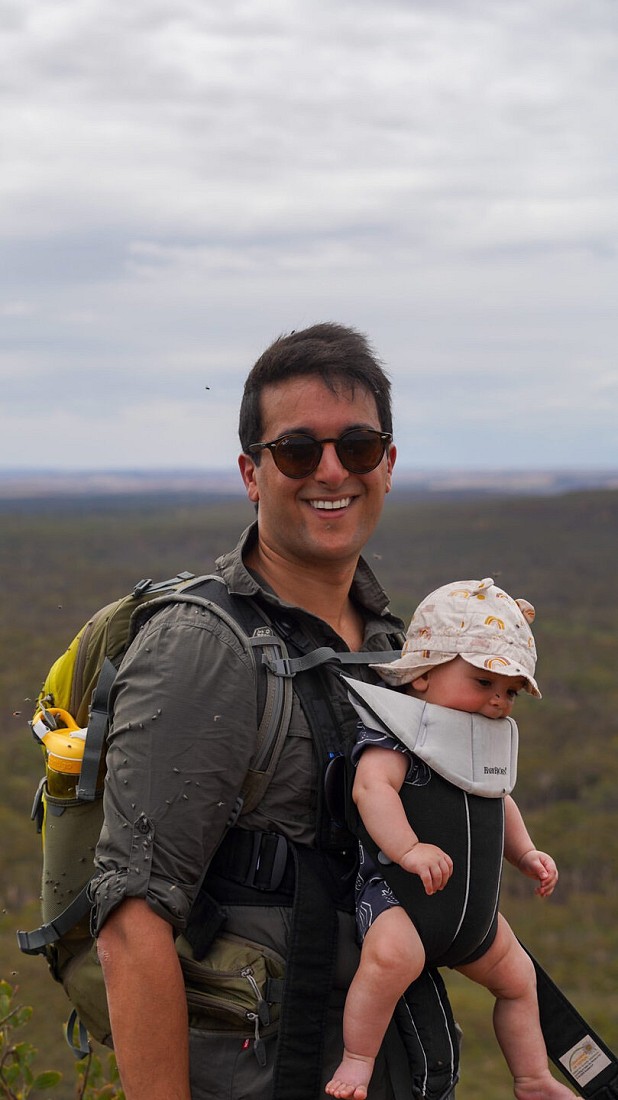
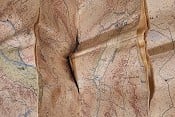
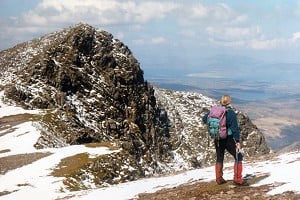
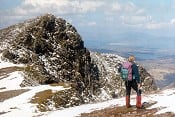


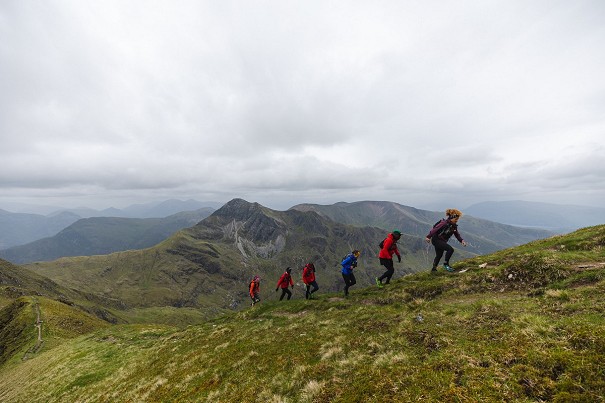
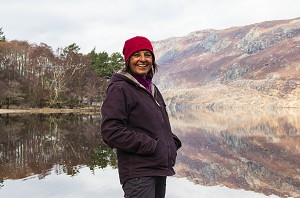
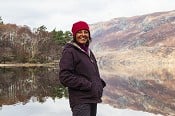


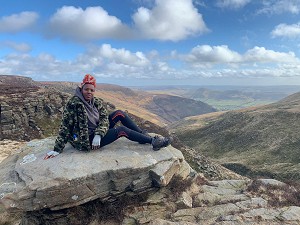
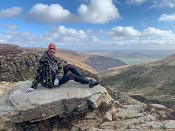


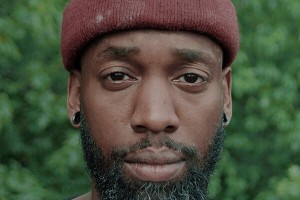
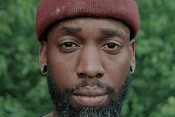
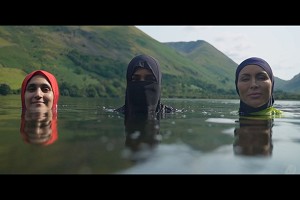
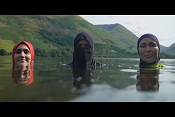
Comments
A nicely written and argued piece. Thanks
Much ado about nothing just about fits the bill.
if minority groups want to enjoy the national parks , in time they will make their way there without being bribed or led by the nose.
And anyone who spent anytime around the Dovestones area a month ago when it was thronged and the parking was lunatic would give no credence at all to the 1% figure quoted in the article.
I disagree. It's not about bribing or leading by the nose, it's about making people aware of the outdoors and not feeling "unwelcome"when they visit.
I'm pretty sure if I went to an unfamiliar place where no one looked like me, and people were looking at me curiously, I wouldn't particularly feel like I belonged there.
Indeed, how dare these ethnic minorities write about their experience of being an ethnic minority.
Good job you’re here to tell them what their life is actually like.
You are misrepresenting my post but I expected it sooner or later.
Would you care to tie in your comments with what I actually said or are you reading between the lines?